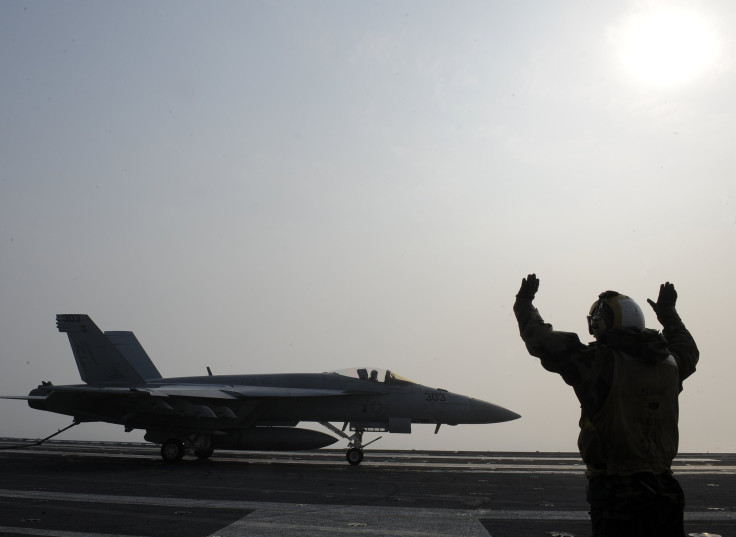US Defense Secretary Ash Carter Denies South Korea's Request For Transfer Of Fighter Jet Technology

U.S. Defense Secretary Ash Carter on Thursday denied South Korea’s request for transfer of key American technologies for its project to develop KF-X indigenous fighter jet, Yonhap News Agency reported. South Korea is represented by the Defense Acquisition Program Administration and Korea Aerospace Industries for the KF-X program, for which America's Lockheed Martin Corporation was selected in March.
Under the 8.67 trillion won ($7.84 billion) worth project, South Korea is set to produce 120 combat jets. But the project hit a roadblock in April when the U.S. Department of State refused to give permission to Lockheed Martin to export four of 25 fighter jet technologies that it promised to Seoul earlier.
Carter reiterated his position on the issue of technology transfer when South Korean Defense Minister Han Min-koo, who is currently in Washington along with President Park Geun-hye, asked him during a meeting at the Pentagon to reconsider his April decision, Yonhap reported, citing a statement from the South Korean defense ministry.
Carter and Han reportedly agreed to form a consultative forum to study ways to increase cooperation in defense technology, including the Korean Fighter Experimental (KF-X) project. "It's a working group for technology cooperation on the defense industry," a South Korean government official told reporters, according to Yonhap, adding: "It will last for a considerable time down the road." The official said the new consultative channel will help reduce the "technical risks of the project."
The two countries also agreed to boost their alliance in space, cyberspace and defense industry.
The U.S. and South Korean leaders also discussed ways to deal with North Korea's aggressiveness, which has threatened to attack both the countries. Defense collaborations between Seoul and Washington, including their annual joint military exercises, have previously aggravated North Korea, which alleges that such drills are preparations to launch an attack on Pyongyang.
"The leaders discussed areas of mutual concern in the Asia-Pacific, including the challenges posed by North Korea, and the importance of continued alliance cooperation and coordination to deter and, if necessary, defend against and defeat North Korean threats," the South Korean defense ministry said in the statement, according to Yonhap.
© Copyright IBTimes 2025. All rights reserved.





















